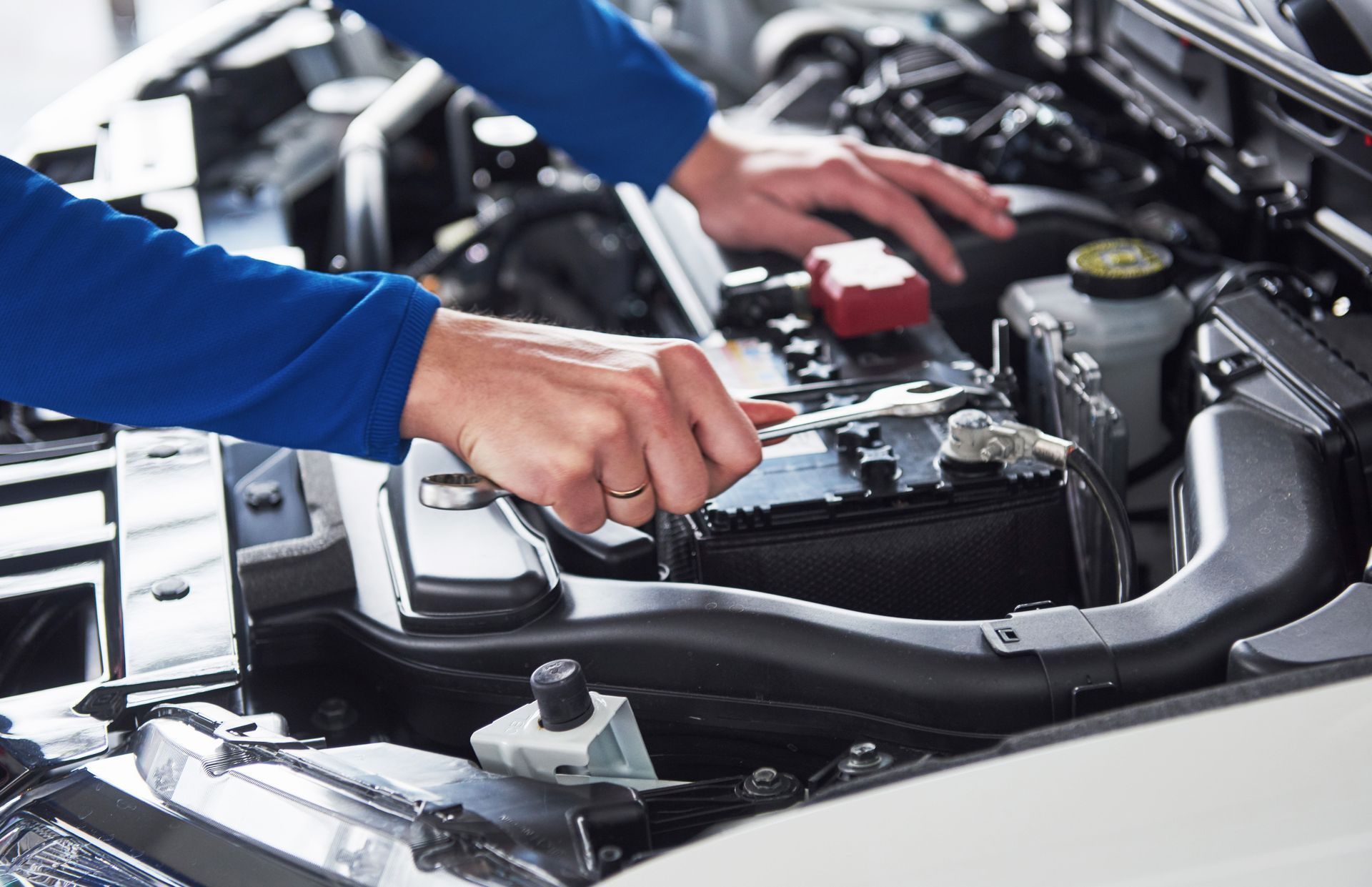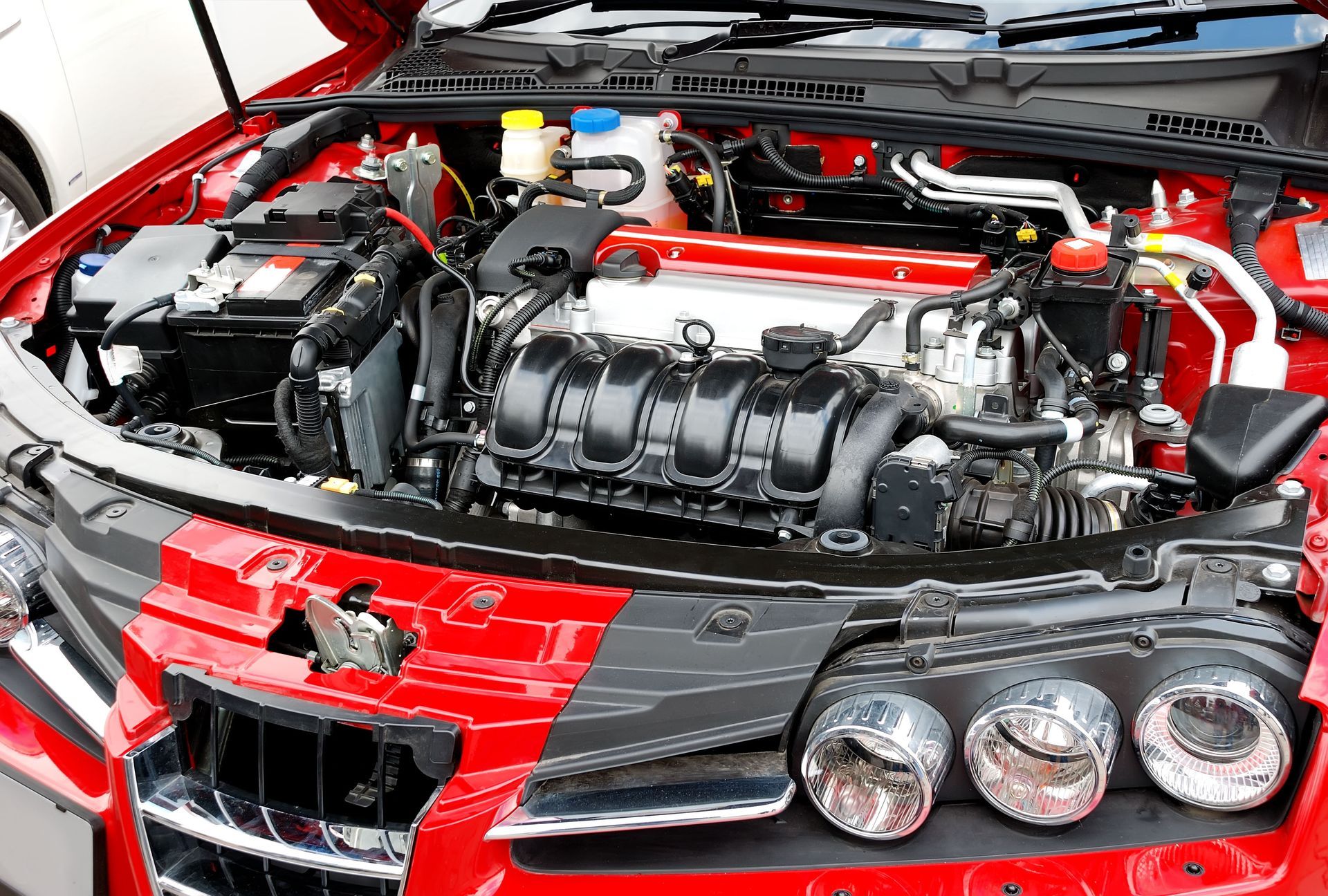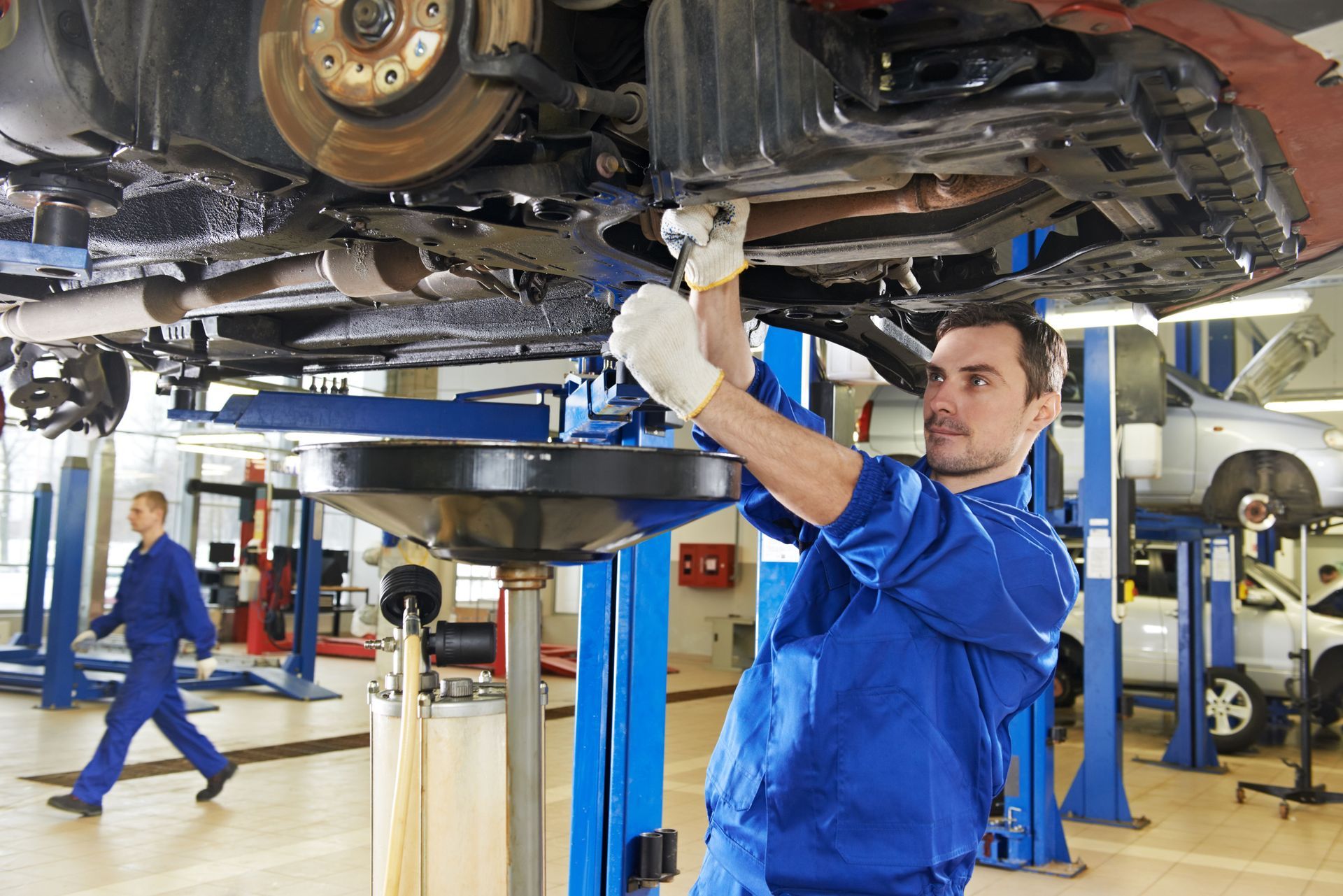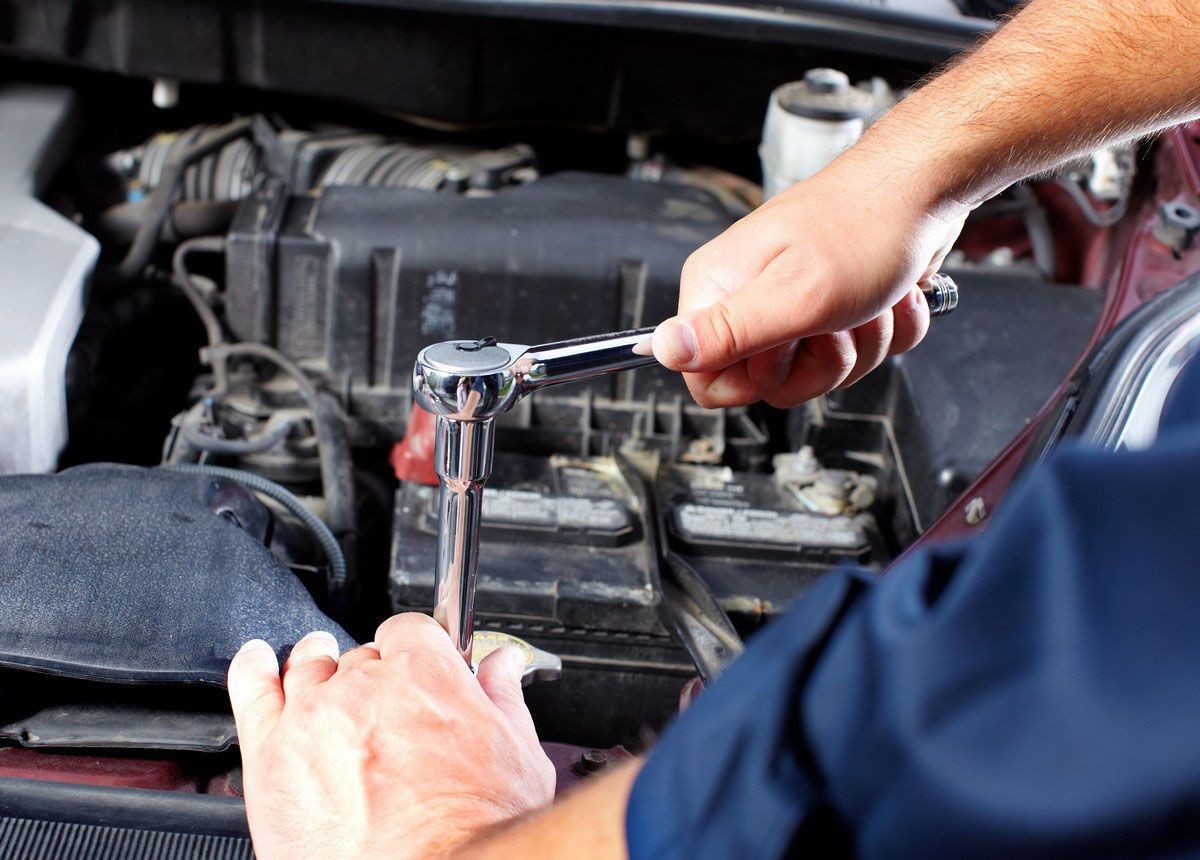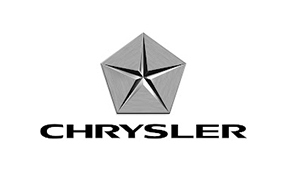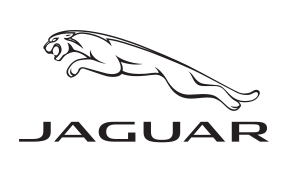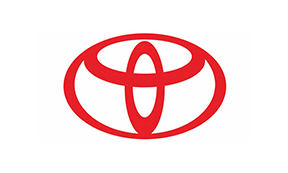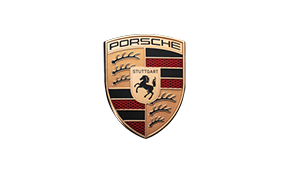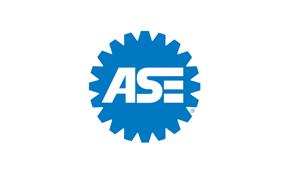August 22, 2025
Regular auto maintenance is crucial to preserving the functionality and efficiency of your vehicle. The U.S. automotive service market is estimated to reach USD 199.38 billion in 2025, according to MordorIntelligence.com, signaling the increasing recognition of the importance of proper maintenance. Staying proactive with scheduled check-ups helps reduce the chances of costly and unexpected repairs, making it easier for car owners to make informed decisions regarding their maintenance schedules. Let's explore how sticking to regular maintenance at a dependable auto repair company can benefit your car, your wallet, and your overall driving experience.
The Importance of Manufacturer-Recommended Maintenance Schedules
Manufacturer-recommended maintenance schedules are the cornerstone of vehicle care. These guidelines are specifically designed to optimize the performance and longevity of each vehicle model. By following these recommendations, you assure that key components—such as oil changes, tire rotations, and brake inspections—are consistently checked, preventing major system failures and keeping your vehicle in top shape.
Many vehicle owners overlook the importance of adhering to the manufacturer's maintenance schedule, which can lead to elevated repair costs over time. Regularly following these schedules helps identify minor issues before they develop into major problems. Being familiar with the guidelines ensures that your car receives proper care, helping prevent unforeseen repairs. These schedules are crafted through extensive research, benefiting the consumer by promoting both vehicle longevity and reliability.
Although some may find frequent visits to the auto repair company inconvenient, following these guidelines can save time, money, and energy in the long run. A proactive approach minimizes the risk of breakdowns and emergencies, extends the vehicle's lifespan, and can even increase its resale value. In today's fast-paced world, committing to these maintenance routines can make all the difference in vehicle performance and safety.
The Role of Mileage in Your Maintenance Schedule
Mileage plays a crucial role in determining your vehicle's maintenance needs. As your car accumulates miles, components like brakes, tires, and belts endure more wear and tear. If you regularly drive long distances, your service schedule will likely need to be adjusted accordingly to maintain optimal performance. Vehicles with higher mileage require more frequent inspections and sometimes additional maintenance.
High-mileage vehicles may face wear on engine components that requires early detection through routine maintenance. Professional diagnostic tools may be necessary to assess the condition of these parts accurately. With proper care, high-mileage vehicles can continue to perform at their best without significant degradation. Tracking mileage helps anticipate necessary repairs and adjustments, making sure that your vehicle is always in top condition.
A key aspect of maintaining a high-mileage vehicle is regular oil changes, typically recommended every 3,000 to 5,000 miles. This routine is essential to keep the engine running smoothly and avoid expensive repairs. By customizing your maintenance schedule based on your vehicle's mileage, you can assure that each component receives the care it needs at the appropriate time.
The Importance of Regular Oil Changes for Engine Health
Oil changes are fundamental to maintaining the health of your vehicle's engine. Oil acts as a lubricant, reducing friction and preventing overheating. Without fresh oil, engine components can wear out faster, leading to diminished performance and potential engine failure. By adhering to manufacturer-recommended oil change intervals, you help extend the life of your engine and assure its smooth operation.
While some modern cars may offer longer oil change intervals, regular oil checks are always a sound practice. Harsh driving conditions, such as dusty or extreme-temperature environments, may require more frequent oil changes to prevent damage. Even vehicles with low mileage need oil changes since oil degrades over time, regardless of how much the vehicle is used. Choosing the correct oil type for your vehicle, as per the manufacturer's recommendations, ensures optimal performance and longevity.
Ignoring oil health can lead to engine wear, poor fuel economy, and eventual breakdowns. Regular oil changes not only protect the engine from wear but also help maintain fuel efficiency, keeping you on the road longer without the risk of expensive repairs. Whether your vehicle is new or old, consistent oil changes are a key aspect of a well-maintained vehicle.
The Importance of the Check Engine Light
The check engine light is a critical indicator that should never be ignored. Whether the issue is minor, such as a loose gas cap, or more severe, like a failing oxygen sensor, this warning light signals the need for professional attention. Ignoring the check engine light can lead to further damage, which may turn a simple repair into an expensive ordeal.
A flashing check engine light typically signals a more urgent problem, such as an engine misfire. In these cases, immediate attention is necessary to prevent further complications. Diagnosing the issue with an OBD-II diagnostic tool, commonly available at any reliable auto repair company, can pinpoint the exact problem and allow for swift resolution.
While some car owners may underestimate the significance of the check engine light, neglecting it can be detrimental. Ignoring the warning may lead to unnecessary repairs and expensive repairs down the road. Addressing the issue early optimizes repair efficiency and minimizes costs. This proactive approach ensures that your vehicle remains in top working condition and prevents larger, costlier issues from arising.
The Importance of Regular Safety Inspections
Regular safety inspections are essential to assuring the safety of you and your passengers. These checks cover critical areas such as brakes, tires, lights, and suspension components, which are all integral to your vehicle's safety. Safety inspections typically take a short time but offer significant value by reducing the chances of accidents caused by mechanical failure.
Routine inspections are a proactive way to make sure that your car meets safety standards and complies with local regulations. Having your vehicle inspected regularly by a trusted auto repair company helps identify potential safety issues before they turn into serious hazards. These inspections also enhance vehicle efficiency by improving the performance of key safety components like brakes and tires.
By making safety inspections part of your regular maintenance routine, you take an important step toward protecting your vehicle, passengers, and other road users. A well-maintained car is not only more reliable but also safer to drive, minimizing risks and ensuring peace of mind.
Adhering to a regular maintenance schedule is essential to the longevity and performance of your vehicle. By following manufacturer guidelines, paying attention to mileage, staying on top of oil changes, and addressing warning signs like the check engine light promptly, you can extend the life of your car and avoid expensive repairs. Additionally, conducting regular safety inspections ensures that your vehicle remains safe for both you and your passengers.
Taking a proactive approach to maintenance is key to keeping your vehicle running smoothly, avoiding unexpected breakdowns, and optimizing its resale value. Whether you need regular service or a more specialized inspection, working with a reliable auto repair company ensures that your car gets the care it deserves. Staying on top of maintenance can save you money in the long run while ensuring that your vehicle continues to perform at its best for years to come. If you're seeking an auto repair company you can count on, don't hesitate to reach out to Market Street Gulf! We're proud to serve the Brighton, MA, area for over 50 years. Call us today to schedule the auto repairs that will keep you safe on the road for years to come!
